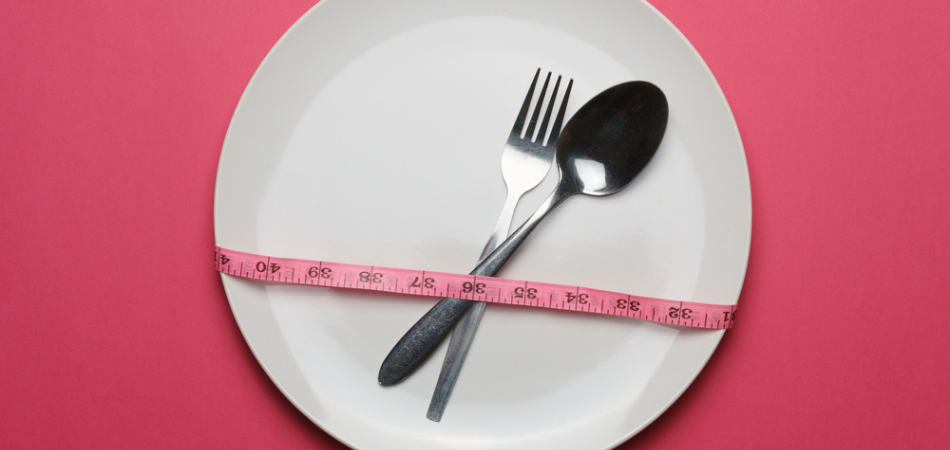Last Updated:
April 8th, 2025
Eating disorders
It’s a struggle that goes beyond what’s on our plates and how we use our forks; it’s a battle fought deep within the mind. Eating disorders are a world where thoughts, feelings, cravings, and self-image collide in a storm of confusion and conflict.
What are eating disorders?
Eating disorders are severe mental health conditions characterised by abnormal eating habits, thoughts, and behaviours related to food and body image. These disorders often result in physical, emotional, and psychological distress. There are several common types of eating disorders:
- Anorexia Nervosa: Individuals with anorexia have an intense fear of gaining weight and a distorted body image. They typically engage in severe calorie restriction and excessive exercise, even when underweight. This can lead to extreme thinness, malnutrition, and various health complications.
- Bulimia: People with bulimia engage in episodes of binge eating, during which they consume large amounts of food quickly, followed by purging behaviours such as self-induced vomiting, laxative use, or excessive exercise. They often have an intense fear of gaining weight and are preoccupied with body shape and weight.
- Pica: Pica disorder is a rare and perplexing eating disorder characterised by the compulsive consumption of non-food substances. Those with Pica often experience intense cravings for these unusual items despite their lack of nutritional value and the potential for severe health risks.
- Binge Eating Disorder: Similar to bulimia, individuals with binge-eating disorder experience recurrent episodes of binge eating but do not engage in regular purging behaviours. They often lose control during binge episodes and may eat large quantities of food even when not hungry.
- ARFID: Avoidant/Restrictive Food Intake Disorder is characterised by limited food preferences, aversions to certain textures or smells, and a reluctance to try new foods. Unlike other eating disorders, ARFID is not driven by concerns about body image or weight but is rooted in sensory sensitivities or fear of adverse consequences from eating.
- Orthorexia: Unlike traditional eating disorders, orthorexia revolves around the fixation on consuming only foods deemed pure, clean, or healthy, often to the detriment of one’s physical and mental well-being.
- Purging disorder: Purging Disorder is where an individual has recurrent episodes of purging, such as self-induced vomiting or misuse of laxatives, diuretics, or other methods to rid the body of calories and prevent weight gain.
Who can suffer from an eating disorder?
Eating disorders can affect individuals of any age, gender, socioeconomic background, or ethnicity, with a complex interplay of genetics, psychological traits, sociocultural influences, dieting behaviours, stressors, peer and family dynamics, personality traits, and participation in certain activities. They are not limited to a specific demographic and can emerge from a combination of these factors.
How do you know if you have an eating disorder?
Recognising the signs of an eating disorder can be challenging. Still, there are signs to watch for, such as significant weight changes, an obsession with food and weight, restrictive eating, binge eating, purging behaviours, preoccupation with body image, social withdrawal, physical symptoms, psychological distress, changes in eating habits, hiding food, and denial about the issue.
These disorders vary in presentation, and not all symptoms may be present. If you or someone you know exhibits these signs, seeking professional help is crucial for diagnosis and tailored treatment.
When to get help for an eating disorder?
Early intervention is vital, as eating disorders are treatable, and individuals struggling with them can regain a healthy relationship with food and their bodies. Seek help for an eating disorder when you notice signs like significant weight changes, emotional distress, or physical health concerns. Don’t delay if your eating habits are causing social and interpersonal problems, a loss of control, or rapid and extreme changes. Trust your instincts or respond to concerns from friends and family, and contact healthcare professionals such as UKAT London Clinic, where we offer tailored treatment for multiple eating disorders.


